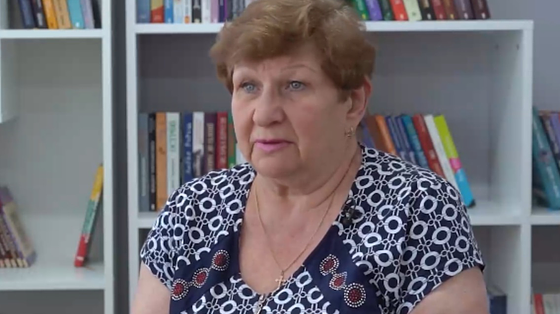Kharkiv resident Alina Soloviova lived in the Saltivskyi district, one of the most heavily shelled areas during the first weeks of russia’s full-scale invasion. In the first hours of the war, her family tried to evacuate, but due to long queues stretching for kilometers, they were forced to seek shelter nearby. By the second day, 380 people were staying in the basement of an industrial facility where the Soloviov family had taken refuge — among them children, pregnant women, and elderly people.
Alina, a doctor by profession, voluntarily took responsibility for providing medical assistance, established contact with volunteers to replenish the stock of medicines, and held consultations directly in the shelter.
“Yes, it was terrifying. But we did everything to stay together. We took shifts, cooked food, waited for babies to be born. It was a time when we had money, but there was nothing to buy,” she recalls.
On March 8, 2022, her family was forced to temporarily relocate to Dnipro. In June, Alina returned home and resumed her work, seeing patients in Kharkiv despite the shelling and ongoing instability in the city.
In her view, Ukrainians who have lived through the war are in urgent need of not only medical but also psychological support.







.png)



